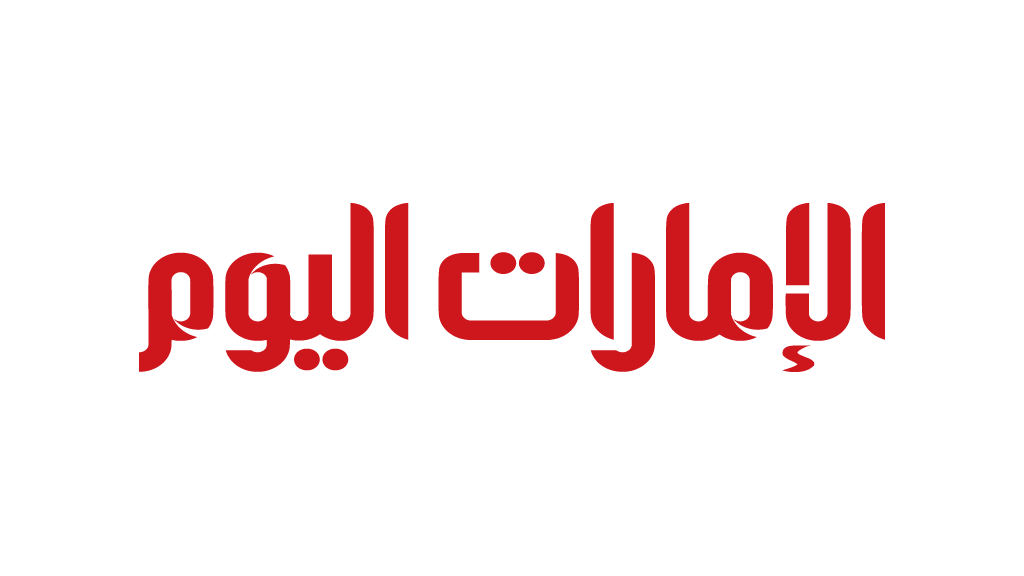Sharjah Private Schools Exceed the Global Average in Pearls 2021 Reading Progress Study
Private schools in the Emirate of Sharjah topped the results of the International Study to Measure the Progress of Reading in the World "Pearls 2021", achieving 519 points, exceeding the global average of 500, and the UAE recorded the highest rate compared to all participating Arab countries, as the results of private schools in Sharjah are close to the rates of study in countries such as Germany and France.
During the study in 2021, 2823,64 students from 118 private schools out of 54 private schools in the Emirate of Sharjah participated, constituting 32% of the total private schools in the emirate, and compared to the last study, the participation of private schools in Sharjah doubled, with only 2016 schools participating in <>.
The sample selected in private schools in the emirate (2823 students) is a sample representing 5 curricula, namely Australian, Indian, American, British and the Ministry of Education curriculum, of which 34% are Emirati students and 66% are resident students, with an equal percentage between males and females.
3 schools scored 600 points or higher, and 36 private schools in the Emirate of Sharjah obtained an average higher than the global average of 500 points or higher, of which 14 schools are classified at the high level (average above 550), while 31 schools obtained an intermediate level (between 475 to 550) according to the level of performance measurement in the study, and by classifying the results by curriculum, schools with the British, Indian and Australian curriculum topped the results at rates that exceed or compare to the global average of 500.
The International Study for Measuring the Progress of Reading in the World "Pearls" is an international standardized study, held every 5 years since 2005 and supervised by the International Organization for the Evaluation of School Achievement "IEA", to evaluate the performance of fourth grade students through a random sample of schools, and performance is measured according to four levels: advanced, high, medium and low.
It is worth noting that the Emirate of Sharjah will participate as a standard emirate during the next cycle of international tests, and all students of private schools in the emirate will be tested.
The study is based on a comparison between the participating countries in assessing the ability of fourth grade students in reading skills in their mother tongue, and this academic level was chosen as an important turning point in the child's development as a reader, as children have learned to read in this age period, as any deficiency in their understanding of written texts at this stage leads to a negative impact on their performance in most other school subjects.
The "Pearls" test measures the student's ability to interact with the text, engage in events, places, actions, consequences, characters, atmosphere, feelings and ideas, enjoy the language itself, taste literature, and make each reader apply the text to his experiences, feelings and taste for language.
The reading test also measures the student's ability to interact with informational texts to understand the world and what is currently going on in it, or what happened in it in the past, and covers scientific, historical, geographical and social contents, and the texts may vary in terms of organizing facts chronologically, organizing instructions or procedures sequentially, and presenting arguments in a scientific manner.
All private schools in the Emirate of Sharjah achieved an average of 519, which is higher than the global average in terms of reading test results, and the results of the data analysis indicate a clear increase in the rates of reading test for female students compared to students.
The study provides important data on the student's experience in school, and the impact of 3 factors on his learning and reading skills, the first factor is the school principal's questionnaire, which includes information about the school, students, curriculum, teaching methods, enhancing reading skills, teacher training, learning resources, discipline and behavior in the school.
The second factor is concerned with the student and measures students' opinions about the school and the classroom and his attitudes towards reading and learning at school, and his relationship with his colleagues and teachers and what he practices outside the school of reading, while the third factor, according to a questionnaire directed to the guardian, covers the experiences and experiences of science that the student went through in the early learning stage, the activities and events practiced by the guardian at home, and the views of parents on various aspects related to schools.

